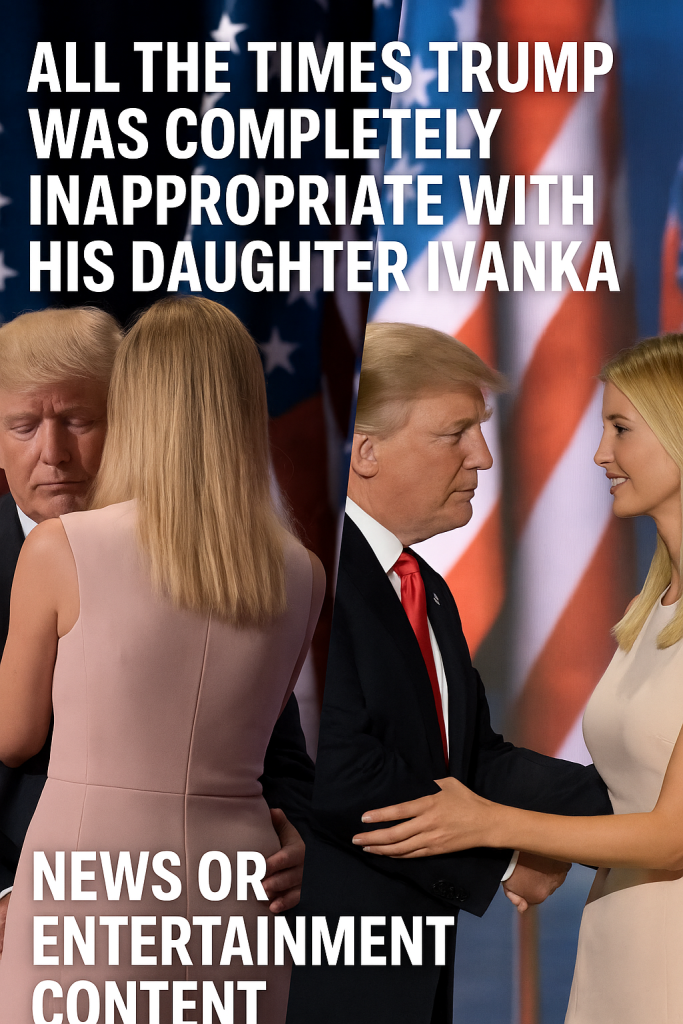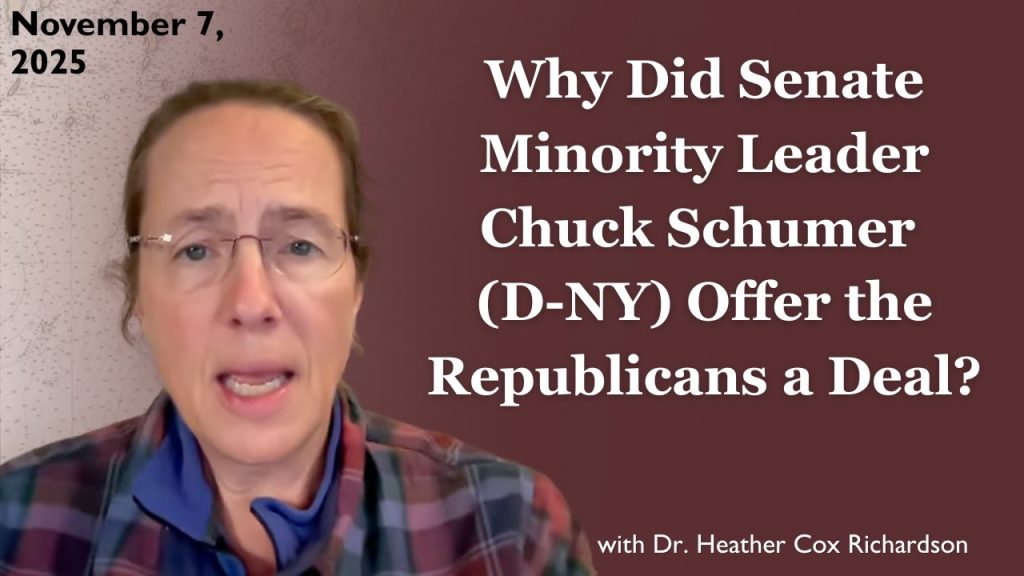Donald Trump, the former President of the United States, has long been a figure of public fascination, not only for his political career but also for his complex family dynamics. Among the most talked-about aspects are the occasions when his behavior or remarks about his daughter, Ivanka Trump, have been widely viewed as inappropriate or controversial. As the 2024 election cycle gains momentum, renewed scrutiny has emerged, revisiting these moments and examining their implications.
This renewed attention stems from a combination of public speeches, interviews, social media posts, and insider accounts that shed light on the nature of Trump’s relationship with Ivanka. Critics and commentators have pointed to several instances where his comments or expressions appeared to cross personal boundaries, prompting discussions about propriety and family dynamics at the highest levels of power.
Early Signs of Inappropriate Remarks
Historically, Donald Trump’s public comments about Ivanka have drawn eyebrows. Over the years, statements referencing his daughter’s appearance and physical attributes seemed unusually personal for a father-daughter relationship, particularly in a public setting. Such remarks were often highlighted during interviews and television appearances, where Trump openly mused about Ivanka’s attractiveness in ways that many deemed uncomfortable.
In particular, moments where Trump described Ivanka using terms like “beautiful” and insinuated a form of admiration that bordered on inappropriate reverence have been cited as examples. While some defenders viewed these comments as typical familial pride, others saw them as blurring lines between parental affection and impropriety.
Controversies During Trump’s Presidency
The dynamic between Donald Trump and Ivanka Trump drew increased focus during his presidency, as Ivanka took on an official role within the White House. It was during this period that comments about Ivanka’s looks or personal traits were not merely casual family talk but intersected with governance and public image. Several leaks and reports described moments when Donald Trump made disparaging or objectifying remarks about other women while praising Ivanka in a way that seemed to place her on a pedestal for physical appearance.
Additionally, some public moments—such as a widely shared photograph showing the former president gazing at Ivanka with a notably intense expression—were interpreted by many as emblematic of an unusually close and complicated rapport. These images and anecdotes became viral subjects, fueling debate over the nature of their relationship.
Recent Allegations and the 2024 Campaign
As the 2024 presidential election season unfolds, old narratives about Trump’s familial relationships have resurfaced. New discussions incorporate not only past behavior but alleged private conversations and leaked accounts from close associates. While no formal allegations have been legally substantiated regarding misconduct, social media platforms and political commentary have amplified concerns about the inappropriateness of some remarks.
Supporters of Ivanka Trump and Donald Trump often dismiss these claims as politically motivated attempts to damage reputations. Still, the dialogue highlights broader societal discomfort with how prominent figures discuss and treat family members publicly, especially when combined with power dynamics.
It is important to recognize that familial relationships are complex, and public figures often face amplified scrutiny. However, the repeated patterns of Donald Trump’s language and behavior concerning Ivanka invite legitimate questions about boundaries, respect, and the role of family in public life.
The Broader Cultural Implications
Beyond the Trump family itself, the attention this relationship receives speaks to larger cultural conversations about inappropriate behavior and language, especially involving powerful men and women in politics and business. The scrutiny of Donald Trump’s remarks about Ivanka serves as a case study in how personal conduct can become entwined with public accountability.



